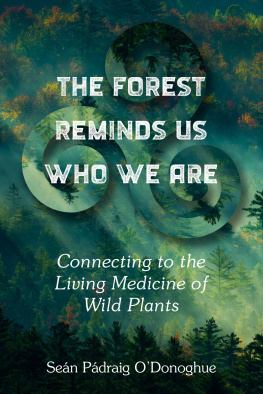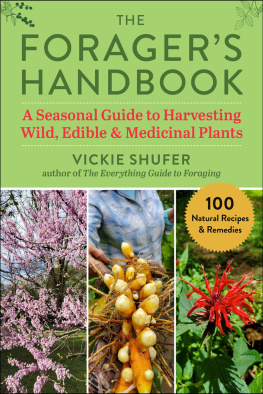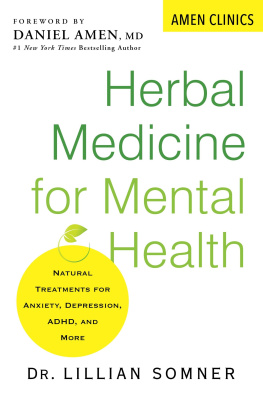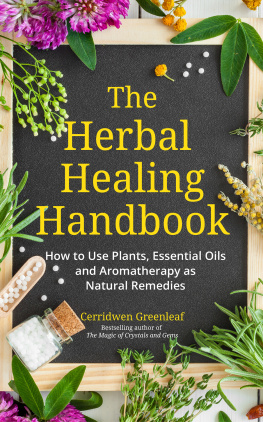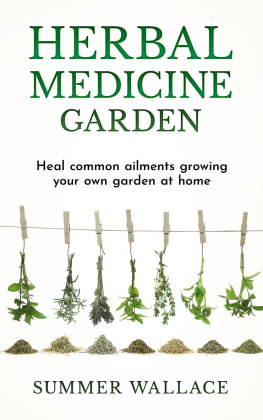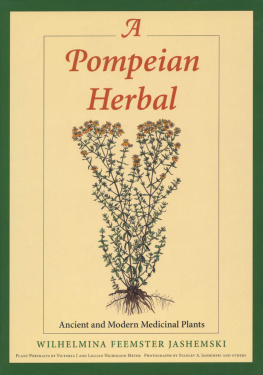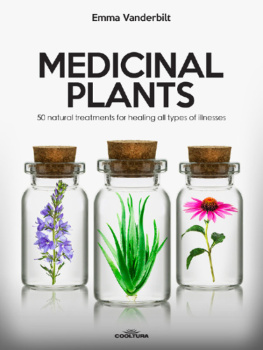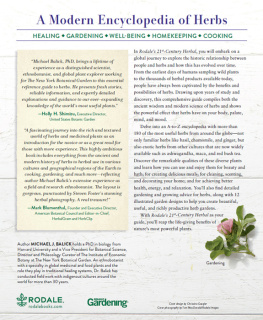
Copyright 2021 by Sen Pdraig ODonoghue. All rights reserved. No portion of this book, except for brief review, may be reproduced, stored in a retrieval system, or transmitted in any form or by any meanselectronic, mechanical, photocopying, recording, or otherwisewithout the written permission of the publisher. For information contact North Atlantic Books.
Published by
North Atlantic Books
Berkeley, California
Cover photo gettyimages.com/Rn An/EyeEm
Cover design by John Yates
Book design by Happenstance Type-O-Rama
The Forest Reminds Us Who We Are: Connecting to the Living Medicine of Wild Plants is sponsored and published by North Atlantic Books, an educational nonprofit based in Berkeley, California, that collaborates with partners to develop cross-cultural perspectives, nurture holistic views of art, science, the humanities, and healing, and seed personal and global transformation by publishing work on the relationship of body, spirit, and nature.
North Atlantic Books publications are available through most bookstores. For further information, visit our website at www.northatlanticbooks.com or call 800-733-3000.
Library of Congress Cataloging-in-Publication Data
Names: ODonoghue, Sean Padraig, 1974 author.
Title: The forest reminds us who we are : connecting to the living medicine
of wild plants / Sean Padraig ODonoghue.
Description: Berkeley, California : North Atlantic Books, [2021] | Includes
bibliographical references and index. | Summary: A guide book for
tapping into the medicinal power of wild plants for recovering and
maintaining spiritual, emotional, and mental wellbeing Provided by
publisher.
Identifiers: LCCN 2020056415 (print) | LCCN 2020056416 (ebook) | ISBN
9781623175702 (paperback) | ISBN 9781623175719 (epub)
Subjects: LCSH: Medicinal plants. | Medicinal plantsIdentification. |
Wild plants, EdibleTherapeutic use.
Classification: LCC QK99.A1 O325 2021 (print) | LCC QK99.A1 (ebook) | DDC
581.6/34dc23
LC record available at https://lccn.loc.gov/2020056415
LC ebook record available at https://lccn.loc.gov/2020056416
for
Mo Bhanron Fiin
with deep gratitude for the braiding of the wild roads we walk
Acknowledgments
I give thanks first of all to the plants, the land, the water, and my ancestors, human and wild, and then to my Beloved, to whom this book is dedicated and who encouraged and inspired me throughout its writing, even through the long Maine winter in the midst of a pandemic.
This book would not exist without the encouragement of Tim McKee and the support and assistance of Gillian Hamel, the editors I have been working with at North Atlantic Books. Thank you for believing in this project. Thank you also to Jennifer Eastman at North Atlantic for smoothing the rough edges of this book, helping the ideas woven through it to find their best expression.
My dear friend and teacher Cornelia Benavidez pored over many drafts of this manuscript, offering a keen eye and wonderful suggestions and insights. She is also a deep well of wisdom and inspiration and my living connection to her teachers, Victor and Cora Anderson, whose work and teachings, along with Cornelias own, have transformed my life in such beautiful and profound ways, though I never met Victor and Cora while they were alive.
My mother, Sandy Donahue, helped to edit some of the early drafts of some of the material in this book. She also introduced me to poetry, myth, and folklore and fed me my first wild foods. My father, Brian Donahue, taught me who the ODonoghues were and are, and taught me to be proud of my Irish ancestry. He and my brother, Ryan, and my sister, Shannon, have been wonderfully encouraging throughout this process.
Crystal Murphy helped edit some early drafts of a few of these chapters as well.
Alicia Crockett believed in this book and in me even when I didnt. Thank you.
Many of the ideas that gave rise to this book found their earliest expression in articles I wrote for Plant Healer magazine and at the conferences organized by its editors, Kiva Rose Hardin and Jesse Wolf Hardin. I am deeply grateful for the kindness, inspiration, and insight they have both provided over the years, and for their deep commitment to the healing and re-enchantment of the world.
Dr. Mitch Bebel Stargrove and Dr. Lori Stargrove shared many nights of conversation with me around their kitchen table, with other eclectic thinkers sometimes joining us. These conversations echo through parts of this book.
Sage Maurer helped me find my way to Ireland and introduced me to its sacred wells, and Alan Cooke helped me connect more deeply with the spirit of the landand introduced me to the work of John Moriarty.
Dr. Kenneth Proefrocks lectures helped me rediscover my childhood love of science and understand neurochemistry, phytochemistry, and their implications for consciousness.
Nick Walkers writing about neurodiversity, neurodivergence, and the Autistic mind and experience helped me understand my own neurobiology.
Mischa Schuler introduced me to herbalism.
I have learned so much about the lives and medicine of wild plants from so many herbalists over the years. I am grateful to everyone who has ever sat with me and spoke about plants. There are three herbalists whose guidance I especially want to give thanks for:
Margi Flint taught me how to read the body and how to meet people where they are and walk with them on their healing journeys.
Matthew Wood taught me how to read energetic patterns and how to understand the unique medicine and personality of each plant.
Stephen Harrod Buhner taught me how to listen directly to the voices of the plants and how to live, speak, and write from my heart.
All three of them have shown tremendous kindness and generosity in good times and hard times and have my endless gratitude.
Go raibh mle maith agat.
Foreword
E ntering a book, an unimagined yet somehow clear perception opens, and a sense of familiar experience arises. The objective and subjective flow back and forth into each other as past memory, immediate sensation, and future visions reveal patterns of emergence grounded in knowing within relationship.
After many years of observing Sen in his glories and travails, I see here a story of a storyteller being told. He shares synchronicities and revelations while weaving history, poetry, plants, and life sciences throughout the events and relationships of his experience. As Sen has matured in his storytelling, he has achieved a dynamic equilibrium between oral tradition and written presentation. The expanded openness that Sen generates when speaking is accessed and induced by these words of magick.
Having knowing Sen for many years, Ive often felt a shared comfort and discomfort with Sen, a vague sense of familiarity, of us being revolutionaries together or, more poignantly, being two heretical Catholic priests of long ago, an Irishman and a Pole, pondering more ancient memories in involuntary seclusion. We found ourselves natural allies engaged in social medicine and applied natural therapies toward creating regenerative cultures and birthing a Nu Aeon every day. Loving the ancient past, especially before Empire, Sen reveals visions and shares deeply felt experiences that are the daily reality of our process of co-creating healthy futures in alignment with Gaia. Rooted in our ancestors, honoring the lands in which we live, and manifesting the Art of Living, togetherthis is the Work of these times.
The presence, tone, and voice of this book are vividly Sens, as reflected in his approach and improvisation, and this extends the content itself. The working vision framing this book is rooted in an ancient three-worlds model and expands into ecology, complexity theory, bioregional reintegration, and postbinary culture. Sen thrives on igniting enthusiasm in each of us as he demonstrates that science can be mythic and that the mythic is immediate and omnipresent. This is more than an herb book, because in it we experience plant medicine through relationships and observations of living networks. While proudly identifying as neurodivergent, Sen makes no claim to exclusive access to hidden secrets. He serves as a poet, storyteller, and guide, as well as a Gaian herbalist modeling mythically informed embodied awareness as a postbinary visionary activist.
Next page
